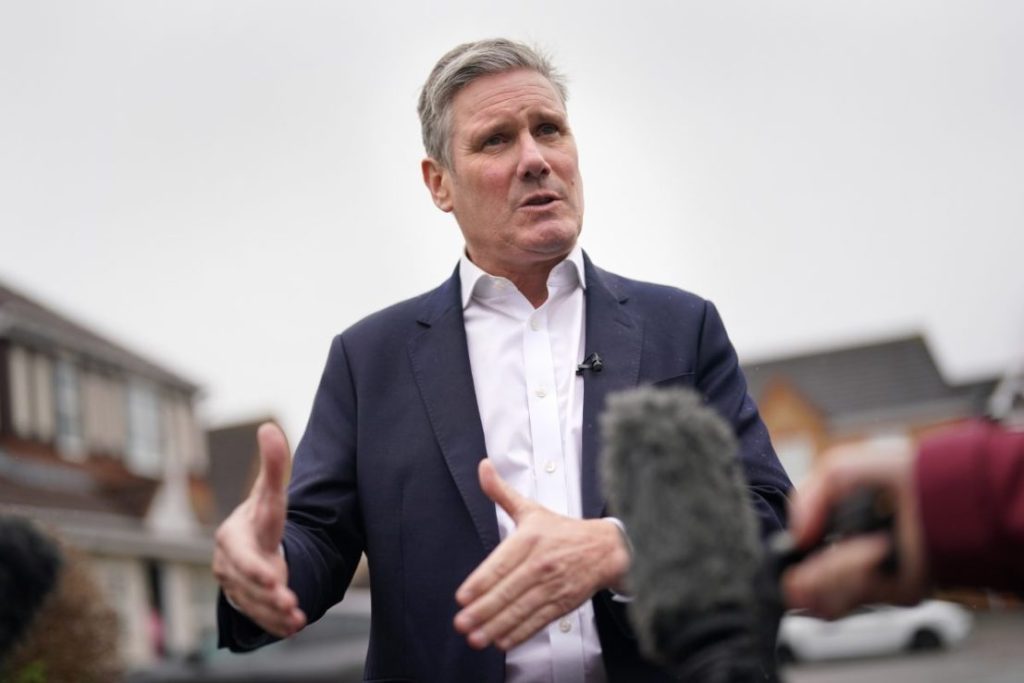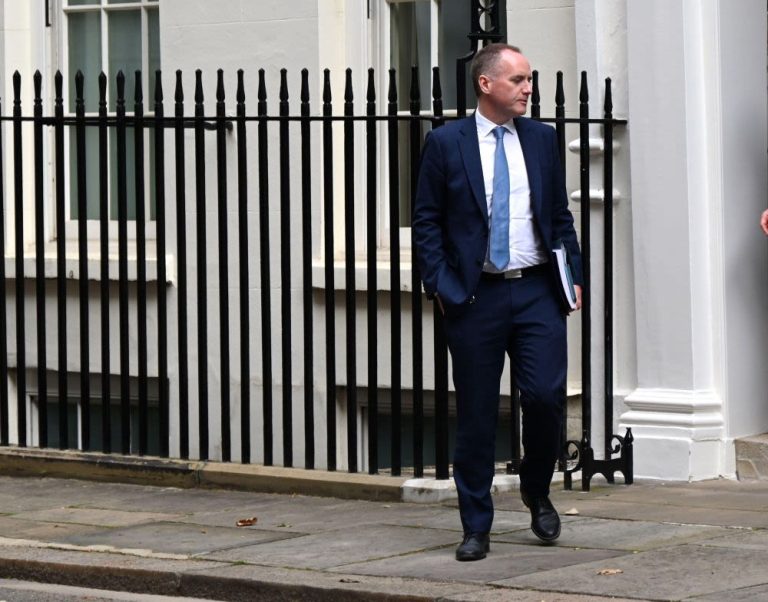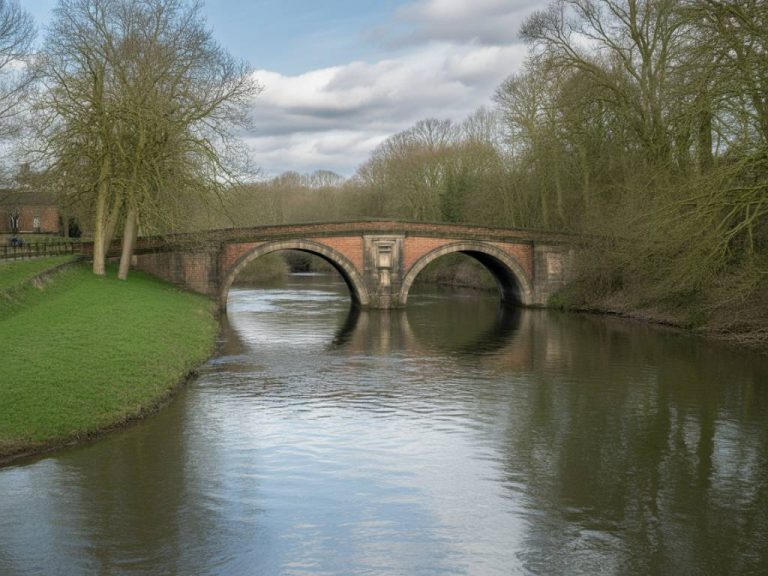
Reeves Acknowledges Hard Truth: Taxes Sting, Public Trust Wanes
Chancellor Rachel Reeves has openly admitted that the Labour government’s decision to raise an additional £40 billion in taxes at last year’s Autumn Budget has left many Britons feeling let down. Speaking on the Iain Dale Talk Show in Edinburgh, Reeves conceded that higher taxes are never popular and that, as Chancellor, she bears the brunt of any fallout from fiscal decisions.
“No One Enjoys Paying More Tax”
Reeves told host Iain Dale that balancing the books inevitably means disappointing some voters. “Of course you’re going to disappoint people,” she said. “No one wants to pay more taxes. Everyone wants more public spending. And borrowing isn’t free—eventually you have to pay for it.” Her frank admission underscores the tighter fiscal stance adopted by the government after pledging to be more business-friendly during last year’s election campaign.
The High-Tax, High-Spend Dilemma
Labour entered office promising growth, new investment, and a more dynamic economy. Yet the sheer scale of unmet needs—public services under strain, mounting debt, and stalled infrastructure projects—forced Reeves and her Treasury team to opt for a significant tax increase rather than a fresh round of austerity.
- Additional revenue streams included freezing income tax thresholds (“stealth tax”) and raising National Insurance contributions.
- New levies were imposed on non-doms, private jets, and second homes to ensure those with “broadest shoulders” pay more.
- Business rates and corporation tax remained under review, with higher bands left unchanged for now to protect growth.
Defending the “About Right” Balance
In her Edinburgh appearance, Reeves insisted that Labour’s mix of taxes and spending is “about right.” She resisted calls for a full-blown wealth tax—an idea once championed by former Shadow Chancellor Anneliese Dodds—arguing that the government must prioritise growing the economy over punitive levies. “My number one priority is to bring more investment into Britain, create good jobs, and pay decent wages,” Reeves said. “We need the right tax balance to keep that investment flowing.”
Glancing at Future Tax Plans
City analysts predict Reeves may need to raise up to £30 billion more in taxes at the upcoming Autumn Budget to plug a projected £10 billion hole in public finances. Possible measures under discussion include:
- Extending the freeze on income tax thresholds, effectively acting as a stealth income tax rise.
- Reassessing pension tax relief to generate additional revenue without a headline-grabbing rate hike.
- Targeted increases in alcohol or tobacco duties to raise funds while discouraging unhealthy habits.
Reeves acknowledged the political sensitivity of these options but stressed the need for fiscal prudence. “You can’t do everything straight away, all at once,” she reminded listeners.
Facing the Backlash
Labour governors and MPs have privately warned that persistent tax hikes could undermine public confidence. Small business owners complain rising expenses stifle expansion plans, while middle-income families say they see no commensurate improvement in key services. Reeves’ admission of under-delivery comes at a perilous time—polling suggests the party’s popularity has slipped below the Conservatives on economic competence.
Reeves’ Case for Patience
Despite the criticism, the Chancellor urged voters to remember Labour’s inheritance from a decade of Conservative rule. “People voted for change because they were unhappy with how the country was governed,” she said. “They know we inherited a real mess. They know it’s not easy to put right. But they’re impatient for improvement, and I am too.” Reeves appealed for understanding that economic repair work takes time and cannot be achieved through short-term fixes.
Keeping an Eye on Growth
Ultimately, Labour’s test will be whether its tax-and-invest strategy translates into tangible growth. With borrowing costs still high and global economic headwinds gathering, the Chancellor must navigate a narrow path: raise enough revenue to maintain public services without choking off private sector expansion.
Reeves’ Final Plea
As the Autumn Budget approaches, Reeves’ message is clear: sacrifices made now—higher taxes and slower spending growth—are intended to secure a stronger, more resilient economy for the future. “I want those jobs, that investment, and that growth to come to Britain,” she reaffirmed. “And to get there, we have to make tough choices today.”





